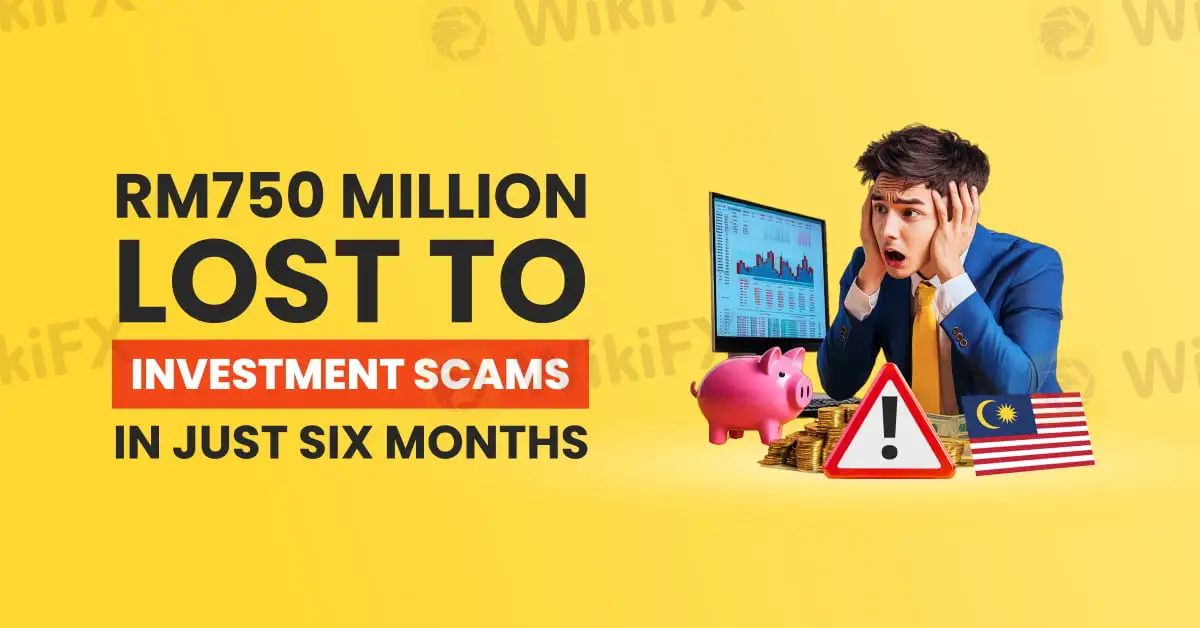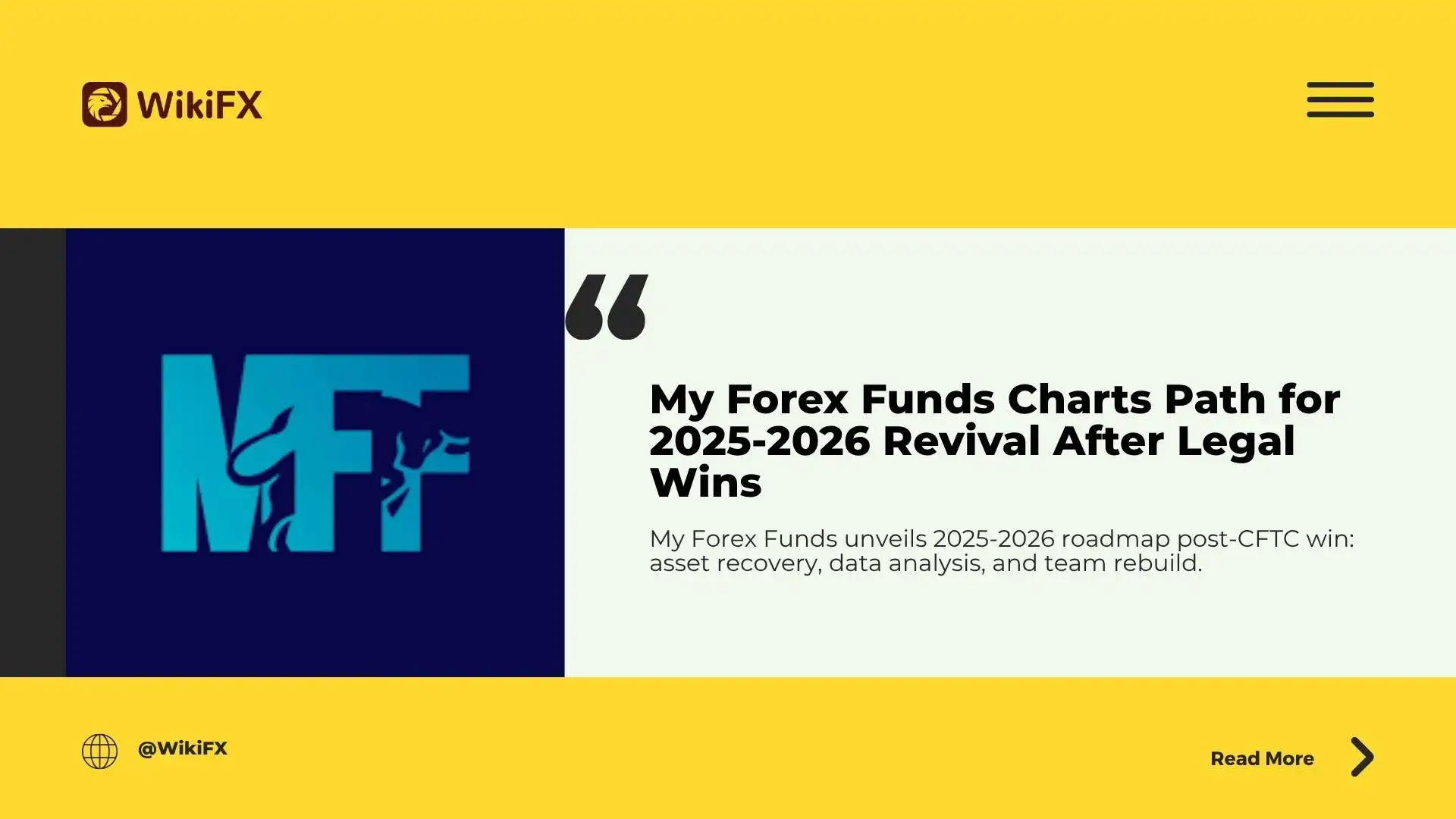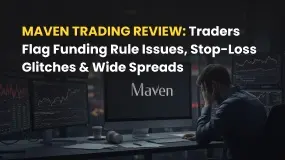简体中文
繁體中文
English
Pусский
日本語
ภาษาไทย
Tiếng Việt
Bahasa Indonesia
Español
हिन्दी
Filippiiniläinen
Français
Deutsch
Português
Türkçe
한국어
العربية
RM750 Million Lost to Investment Scams in Just Six Months
Abstract:Investment scams in Malaysia have surged to worrying new levels, with police confirming losses totalling over RM750 million in just the first half of 2025. According to data from the Bukit Aman Commercial Crime Investigation Department (CCID), this figure more than doubles the RM350 million lost during the same period in 2024.

Investment scams in Malaysia have surged to worrying new levels, with police confirming losses totalling over RM750 million in just the first half of 2025. According to data from the Bukit Aman Commercial Crime Investigation Department (CCID), this figure more than doubles the RM350 million lost during the same period in 2024.
CCID Director Datuk Rusdi Mohd Isa revealed that authorities have recorded 4,368 scam cases so far this year, compared to 2,715 cases over the same period last year. This sharp increase reflects a concerning trend as fraudsters continue to exploit new tactics and unsuspecting investors.
The police have identified three primary types of scams responsible for most of the losses: Clone Firm Investment Scams, High and Fast Money Forex Scams, and Ponzi Schemes.
In Clone Firm Investment Scams, criminals impersonate legitimate investment companies through social media advertisements. Once a victim engages, they are added to WhatsApp groups and guided by supposed “traders” who instruct them to use specific apps or websites. These platforms show fake profits to convince users to invest more. Victims are often told to transfer funds into mule accounts, including bank accounts registered under fake or unrelated company names. When victims attempt to withdraw their returns, they are met with constant excuses and delays.
High and Fast Money Forex Scams operate under a similar structure, where fraudsters pose as foreign-registered forex brokers. Victims are lured with promises of quick and sizeable returns. However, before any returns are paid out, victims are repeatedly asked to make additional payments for capital injections, broker fees, international transfer charges, and taxes. Once payments are made, the promised profits never arrive.
Ponzi Schemes often involve physical or virtual meetings held in professionally presented offices to build trust. Victims are persuaded to transfer funds, often in cryptocurrency such as USDT, into digital wallets controlled by the scam operators. At first, returns appear to be genuine, encouraging victims to invest more. But the scheme collapses as soon as new investor inflows dry up, leaving existing participants unable to recover their money.
To help the public avoid falling prey to these schemes, Rusdi encouraged the use of the “Take Five” method before investing. This includes taking a moment to assess the opportunity, conducting thorough research, asking the right questions, verifying documents, and using official tools to check the legitimacy of companies and bank accounts. He highlighted the Semak Mule portal (https://semakmule.rmp.gov.my) as a useful resource for verifying suspicious details.
Additionally, he recommended the WikiFX mobile app, available on both Google Play and the App Store. This free tool provides users with detailed information on investment platforms, including regulatory status, customer reviews, and safety scores. With these insights, investors can make informed decisions and avoid falling into the trap of unlicensed brokers.

Authorities continue to urge the public to stay alert, especially when encountering high-return investment opportunities on social media. As scam tactics grow more convincing, critical thinking and proper verification remain the strongest defences.

Disclaimer:
The views in this article only represent the author's personal views, and do not constitute investment advice on this platform. This platform does not guarantee the accuracy, completeness and timeliness of the information in the article, and will not be liable for any loss caused by the use of or reliance on the information in the article.
Read more

FCA Warning List of Firms to Avoid: November 2025 Update
The Financial Conduct Authority (FCA) in the UK has published the FCA Warning List Firms to Avoid:- November 2025, alerting forex traders and investors about unauthorized brokers. These firms are operating without the necessary FCA approval. To safeguard your funds and avoid scams, be sure to check the full warning list below.

Global Guide to Finding Forex IBs/Brokers — Share Your Pick and Win Big!
Dear forex enthusiasts, are you also troubled by these questions? “In India, can’t find a reliable IB? What should I do?” “With so many brokers, which one offers the lowest spreads and fastest withdrawals?” “Want to connect with local forex enthusiasts but don’t know where to start?” Now, leave these challenges to us! Share your experience and win exciting rewards!

My Forex Funds Charts Path for 2025-2026 Revival After Legal Wins
My Forex Funds unveils 2025-2026 roadmap post-CFTC win: asset recovery, data analysis, and team rebuild.

Maven Trading Review: Traders Flag Funding Rule Issues, Stop-Loss Glitches & Wide Spreads
Are you facing funding issues with Maven Trading, a UK-based prop trading firm? Do you find Mavin trading rules concerning stop-loss and other aspects strange and loss-making? Does the funding program access come with higher spreads? Does the trading data offered on the Maven Trading login differ from what’s available on the popular TradingView platform? These are some specific issues concerning traders at Maven Trading. Upset by these untoward financial incidents, some traders shared complaints while sharing the Maven Trading Review. We have shared some of their complaints in this article. Take a look.
WikiFX Broker
Latest News
Forex Expert Recruitment Event – Sharing Insights, Building Rewards
Admirals Cancels UAE License as Part of Global Restructuring
Moomoo Singapore Opens Investor Boutiques to Strengthen Community
OmegaPro Review: Traders Flood Comment Sections with Withdrawal Denials & Scam Complaints
An Unbiased Review of INZO Broker for Indian Traders: What You Must Know
BotBro’s “30% Return” Scheme Raises New Red Flags Amid Ongoing Fraud Allegations
The 5%ers Review: Is it a Scam or Legit? Find Out from These Trader Comments
WikiEXPO Dubai 2025 Concludes Successfully — Shaping a Transparent, Innovative Future
2 Malaysians Arrested in $1 Million Gold Scam Impersonating Singapore Officials
Is FXPesa Regulated? Real User Reviews & Regulation Check
Currency Calculator



